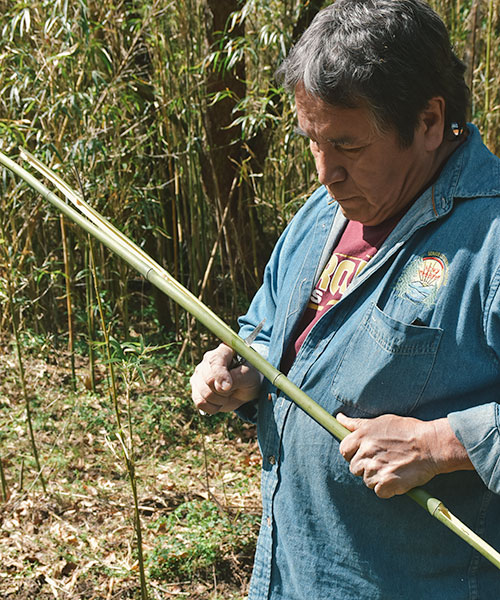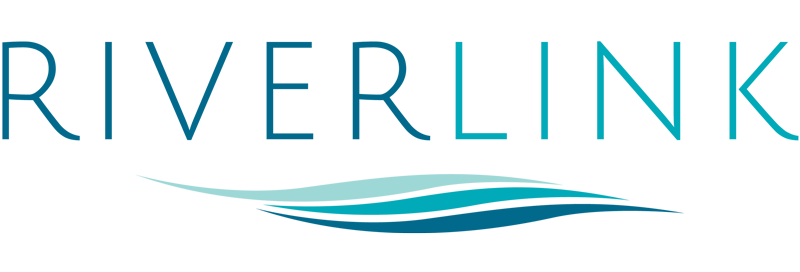
Although river cane (Arundinaria gigantea) was once abundant in Western North Carolina, poor land management practices have decimated river cane populations, threatening water quality and wildlife dependent on river cane for food and shelter. Ensuring river cane’s survival will provide critical habitat for mammals, migratory birds, and at least six butterfly species whose larvae rely on river cane as their only food source. The deep roots of river cane also prevent streambank erosion—a major source of sediment pollution for the river. Sediment destroys in-stream habitat and binds to other harmful pollutants such as bacteria and heavy metals.
An outreach campaign will include service-learning events and permanent signage translated in the Cherokee syllabary on the Wilma Dykeman Greenway, highlighting river cane’s ecological and cultural importance to the Eastern Band of the Cherokee Indians. Volunteer opportunities related to this project will begin in summer 2023 and continue throughout the year. For more information, visit riverlink.org.
Join our River Cane Steward days
RiverLink has received a $20,500 grant award from the Cherokee Preservation Foundation to restore native river cane along the French Broad River in Asheville. The foundation’s Revitalization of Traditional Cherokee Artisan Resources (RTCAR) program supports the Eastern Band of Cherokee Indians as the tribe works to restore the traditional Cherokee balance between maintaining and using natural resources like river cane, white oak and clay. In partnership with the City of Asheville Parks & Recreation and the Cherokee Preservation Foundation, RiverLink will remove non-native invasive plants from river cane stands growing along the Wilma Dykeman Greenway and take steps to raise awareness of its environmental and cultural importance.
Join Our Newsletter and Get Updates About this Project
Additional Resources:
